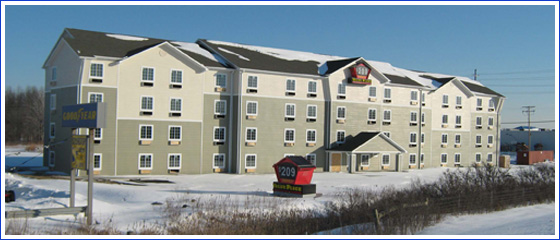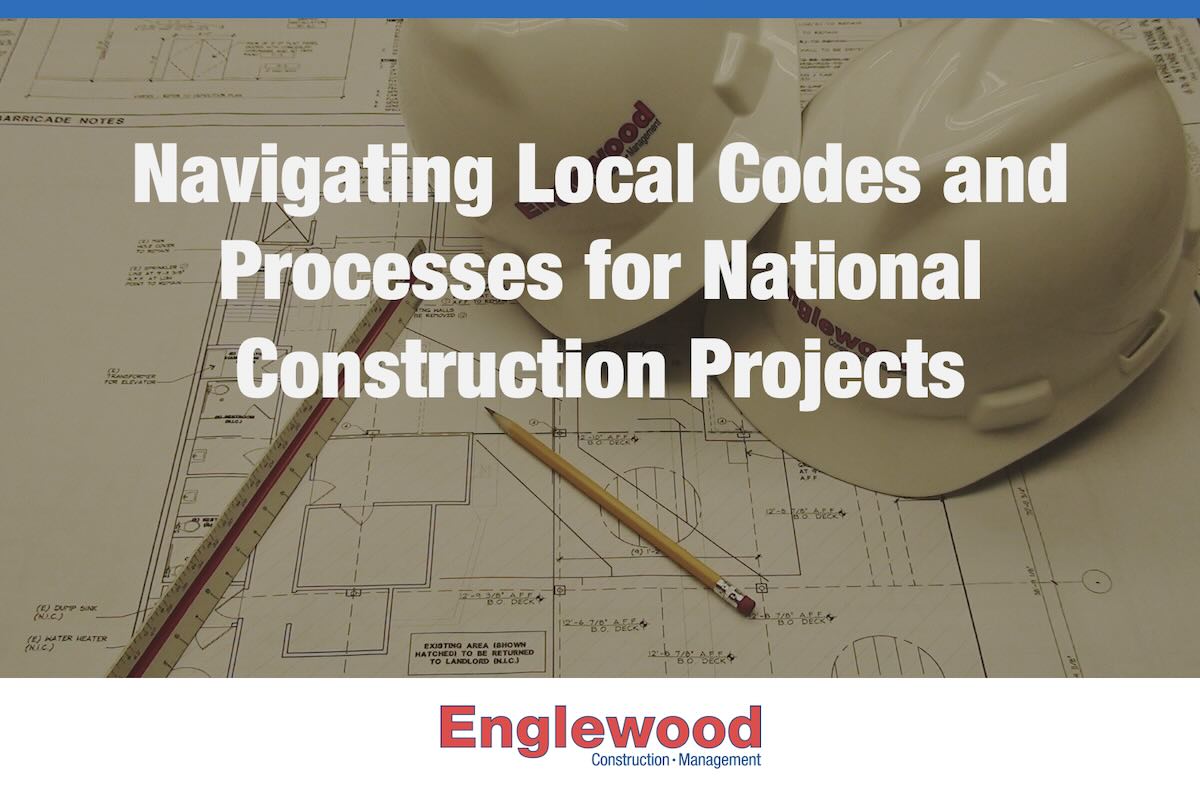Buyer Beware: Five Commercial Construction Questions to Ask Before Purchasing a Distressed Note
If you’re looking to buy distressed commercial property, your eyes are probably as big as saucers. According to Real Capital Analytics there are more than 8,600 U.S. commercial properties in current distress. But before you take on the role of receiver, here are five questions you must address with your general commercial construction contractor before assuming receivership of a distressed property.

1. Are there any discrepancies in what construction work has been completed versus what has been paid? Don’t be caught paying for thousands of dollars of uncompleted work. Instead, align yourself with a commercial general contractor who has distressed asset experience and can expose inconsistencies in actual completed work versus value of work paid to previous contractors and subcontractors.
2. Can you use the existing subcontractors within the balance of their contract value or do you need to rebid the entire project? By using the existing subcontractors instead of hiring someone new, you can resolve or avoid a mechanics lien as you’ll be adhering to the original subcontractor contract. This will also keep your distressed property construction costs down as you won’t have to pay twice – once for the original subcontractor and once for the new one.
3. Is there any damage to the property due to neglect or vandalism? Once, when we were inspecting a vacant building we noticed water had been left in the lines. We turned on the water and noticed leaks everywhere from cracked pipes. It’s better to catch that damage upfront so you know the true cost of the construction project instead of increasing your scope and budget afterwards.
4. How were construction payments disbursed prior to the project stopping? Were they disbursed through a title company? Cross your fingers they were, otherwise you might run the risk of extra fees. It’s not unheard of for subcontractors who were paid outside of a title company to go out of business before paying their suppliers. Next thing you know, that supplier is asking the new owner (you) for payment – once again, running the risk of duplicate payments for the same scope of work.
5. Where do you stand with the city inspectors of your distressed property project? Has the building permit expired? Are there hidden costs? Have new building codes been enacted since the project was vacated? Make sure your general contractor covers these bases or you could find yourself inheriting several thousands of dollars of unpaid fees left over from the previous developer.
Bottom line, make sure you’re working with a reputable commercial general contractor who has experience with distressed property projects. Or, what you thought was a “great deal” can turn upside down quickly.
What have your dealings been like with distressed properties?
![]() Bill Di Santo
Bill Di Santo
President
Tel: 847-233-9200 x710
![]()
Questions? Comments? You can reach me at bill.disanto@englewoodconstruction.com




